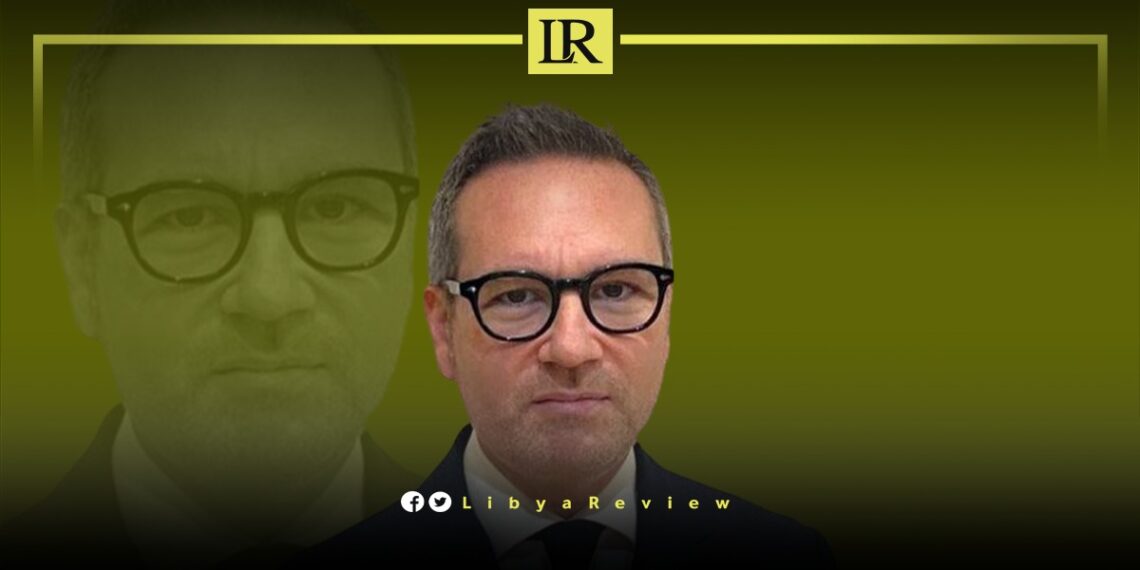On Friday, Italian political expert Daniele Rovinetti sounded the alarm on the ongoing political fragmentation in Libya, underscoring its potential to destabilise the broader Mediterranean region.
Rovinetti, a Senior Adviser at the Italian think tank, Med Or, painted a grim picture of the consequences that the deepening rifts among Libyan factions could entail. This included a severe economic crisis with far-reaching implications for the country’s social and domestic spheres.
Rovinetti’s analysis delves into the heart of Libya’s turmoil, where the persistent schism between various institutions is escalating tensions and compounding the security challenges.
He suggested that the establishment of a third, unified government might pave the way toward elections and, ultimately, stability. However, the pronounced division between the eastern and western authorities presents a significant security risk, highlighted by recent military activities, in addition to spawning considerable economic difficulties.
The discussion also highlighted the potential for increased collaboration between Libya and Italy in combating corruption. It emphasised how the ongoing divisions are deteriorating Libya’s economy, a nation theoretically endowed with abundant natural resources and commercial prowess.
Since the fall of Moammar Gaddafi in 2011, Libya has been plunged into chaos, leading to the emergence of rival administrations, a devastated infrastructure, and a crippled economy largely dependent on oil production. This instability has broader implications, influencing migration, energy security, and regional stability, particularly for Mediterranean countries like Italy. Italy is closely linked to Libya through historical and geopolitical bonds.
Rovinetti’s warnings underline the critical need for a unified political solution to mend the divisions within Libya.
Without addressing the political stalemate, the country risks sliding further into economic decline, exacerbating the humanitarian crisis, and potentially destabilising the Mediterranean region. The intricate connection between political harmony, economic vitality, and regional security highlights the importance of international engagement and support in guiding Libya toward peace and reconstruction.


